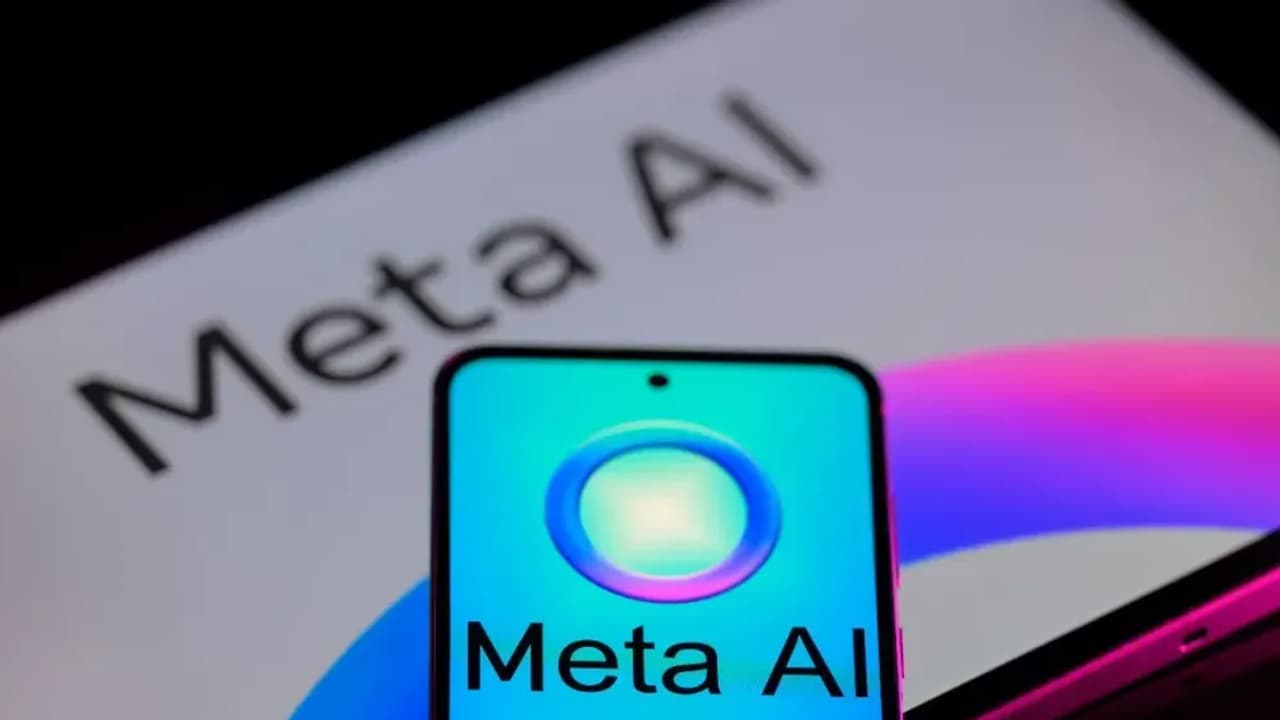The U.S. district judge ruled that the use constitutes fair use under the copyright law.
A U.S. judge ruled in favor of Meta (META) in a copyright lawsuit against the social media and AI giant by a group of 13 authors, days after Amazon-backed (AMZN) Anthropic won a similar decision.

According to a CNBC report, District Judge Vince Chhabria sided with Meta's argument that the company's use of books to train its large language models (LLMs) is protected under the fair use doctrine of U.S. copyright law. However, Chhabria left the door open for other authors to bring similar AI-related copyright lawsuits against Meta.
The group of authors, including Sarah Silverman and Ta-Nehisi Coates, had alleged that Meta violated the nation's copyright law because the company did not seek permission from them to use their books for its AI model, among other claims.
Chhabria noted that "it is generally illegal to copy protected works without permission." Still, in this case, the plaintiffs failed to present a compelling argument that Meta's use of books to train its Llama models caused "market harm."
Earlier this week, a federal judge in San Francisco sided with Anthropic in a similar suit and ruled that using books without permission to train its Claude AI model constituted “fair use.” However, the judge noted that Anthropic had unlawfully copied and stored over 7 million pirated books in a central repository and ordered a trial to take place in December.
Meta shares are up 21% year-to-date, while Amazon shares are down 3.4%.
"We appreciate today's decision from the Court," a Meta spokesperson said in a statement to CNBC. "Open-source AI models are powering transformative innovations, productivity and creativity for individuals and companies, and fair use of copyright material is a vital legal framework for building this transformative technology."
The ruling also comes in the backdrop of another major legal battle: The New York Times vs. OpenAI and Microsoft. Filed in late 2023, the lawsuit accused companies of using millions of Times articles without authorization to train generative AI models. The case, seen as a landmark in the clash between copyright law, artificial intelligence, and digital publishing, is being closely watched across the tech and media industries.
For updates and corrections, email newsroom[at]stocktwits[dot]com.<
